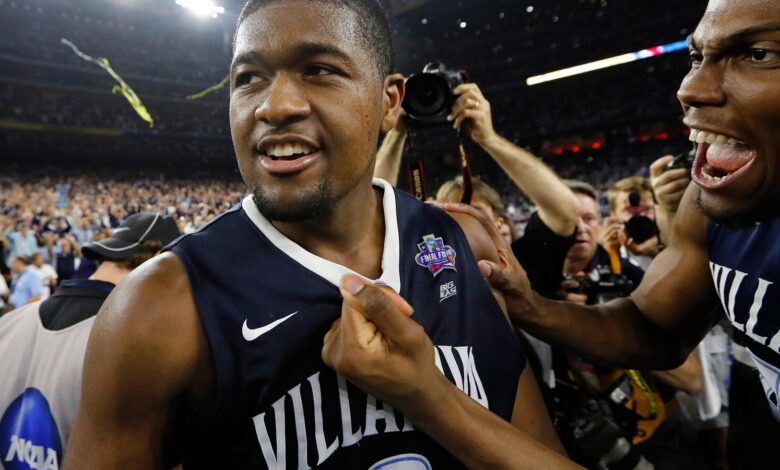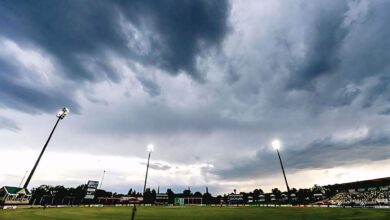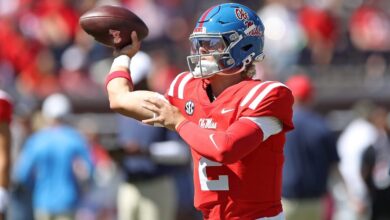Kris Jenkins, Villanova hero in 2016 game, sues NCAA for money he could have made

Kris Jenkins, known for his iconic game-winning shot for Villanova in the 2016 college basketball championship game, is taking legal action against the NCAA and six conferences in a bid to recover income he believes he would have earned if student-athletes were allowed to profit from their name, image, and likeness (NIL) at the time.
Jenkins is part of a group of about 350 current and former athletes who have opted out of a $2.8 billion antitrust settlement with the NCAA. This settlement, which is close to final approval, aims to provide back pay to athletes from 2016 onwards, taking into account factors such as the sport played and the athlete’s level of participation. Jenkins, who played for Villanova from 2013 to 2017, started in 72 of 76 games in his final two seasons and averaged 13 points per game.
Attorney Kevin T. Duffy Jr. filed Jenkins’ lawsuit in the U.S. District Court for the Southern District of New York, seeking a jury trial to determine the compensation owed to Jenkins. The NCAA has chosen not to comment on the matter.
The lawsuit argues that Jenkins is entitled to a share of the financial benefits associated with Villanova’s national championship victory, particularly highlighting the impact of his buzzer-beating 3-pointer. According to the lawsuit, Villanova’s success led to significant financial gains for the university, including a reported $19.1 million payment from the NCAA to the Big East conference, a record $22.6 million gift to the athletic department, and $11.4 million in revenue generated by the athletic program.
The lawsuit further asserts that Jenkins was deprived of potential earnings from his NIL due to NCAA regulations on athlete compensation. It claims that he would have been entitled to compensation from media broadcast uses of his NIL, as well as income from third-party endorsements, video games, marketing deals, and other opportunities.
In addition to the NCAA, the lawsuit names the Atlantic Coast Conference, Big East, Big Ten, Big 12, Pac-12, and Southeastern Conference as defendants, alleging their involvement in anti-competitive practices and violations of the law.
Overall, Jenkins’ lawsuit underscores the ongoing debate surrounding athlete compensation in college sports and the push for greater financial opportunities for student-athletes. The outcome of this legal action could have significant implications for the future of NIL rights in collegiate athletics.





